Prime Minister Narendra Modi on Wednesday described India as a “steady lighthouse” for the world in the midst of global tensions, trade disruptions and shifting supply chains.
Speaking at the Maritime Leaders Conclave during the India Maritime Week 2025 in Mumbai, Modi said India represents strategic autonomy, peace, and inclusive growth at a time when the international environment remains uncertain.
He emphasised that India’s vibrant democracy and reliability distinguish it on the global stage. “When the global seas are rough, the world looks for a steady lighthouse. India can play that role with great strength,” he said.
“Amid global tensions, trade disruptions and shifting supply chains, India is symbol of strategic autonomy, peace and inclusive growth,” Modi said.
The maritime sector is driving India's growth. Over the last decade, it has transformed significantly, boosting trade and port infrastructure. Addressing the Maritime Leaders Conclave in Mumbai. https://t.co/09OG8ZTWRl
— Narendra Modi (@narendramodi) October 29, 2025
He said the country’s maritime and trade initiatives are a part of a broader vision and cited the India-Middle East-Europe Economic Corridor as an example of redefining trade routes in the future.
India’s maritime sector is advancing with great speed and energy, Modi said, adding that the country’s ports are now counted among the most efficient in the developing world.
Impact Shorts
More Shorts“We have replaced over a century-old colonial shipping laws with modern and futuristic laws suited for the 21st century,” Modi said.
“Today, India’s ports are counted among the most efficient in the developing world. In many aspects, they are performing even better than those in the developed world,” Modi said.
The new shipping laws strengthen the role of state maritime boards and promote integration of digital technologies into port management, he said.
Under the Maritime India Vision, over 150 initiatives have been launched, resulting in significant improvements across the maritime sector, he said.
The capacity of India’s major ports has doubled, and turnaround times have been significantly reduced, Modi said.
Cruise tourism has gained substantial momentum and inland waterways have experienced remarkable growth, with cargo movement increasing by more than 700 per cent, he said.
The number of operational waterways has expanded from just three to an impressive 32, he said. “Furthermore, the net annual surplus of our ports has seen a nine-fold increase over the past decade,” Modi said.
The maritime sector is driving India’s growth, the PM said. Over the last decade, it has transformed significantly, boosting trade and port infrastructure, he added.
“A quarter of the 21st century has passed. The next 25 years of this century are even more crucial, so our focus is on Blue Economy and Sustainable Coastal Development,” Modi said.
“We are placing great emphasis on green logistics, port connectivity and coastal industrial clusters,” he said, adding that significant strides have been made to drive next-generation reforms in the maritime sector.
“The year 2025 has been a landmark year for the country’s maritime sector, marked by several significant achievements. India’s first deep-water international transshipment hub, Vizhinjam Port, became operational this year.
“Adding to the nation’s pride, the world’s largest container vessel recently docked at the port, showcasing its global capability,” Modi said.
During the fiscal year 2024–2025, India’s major ports achieved a record-breaking cargo throughput, setting new benchmarks in efficiency, he said.
Kandla Port made history by launching the nation’s first megawatt-scale indigenous green hydrogen facility, Modi said.
With inputs from agencies


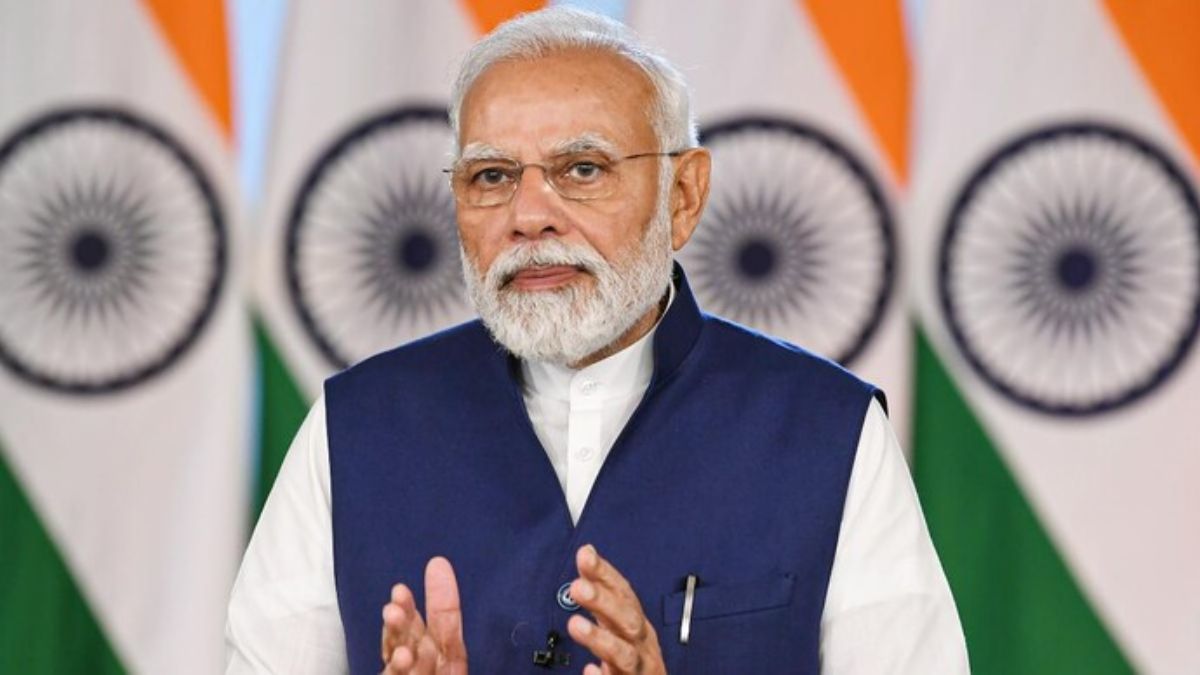)
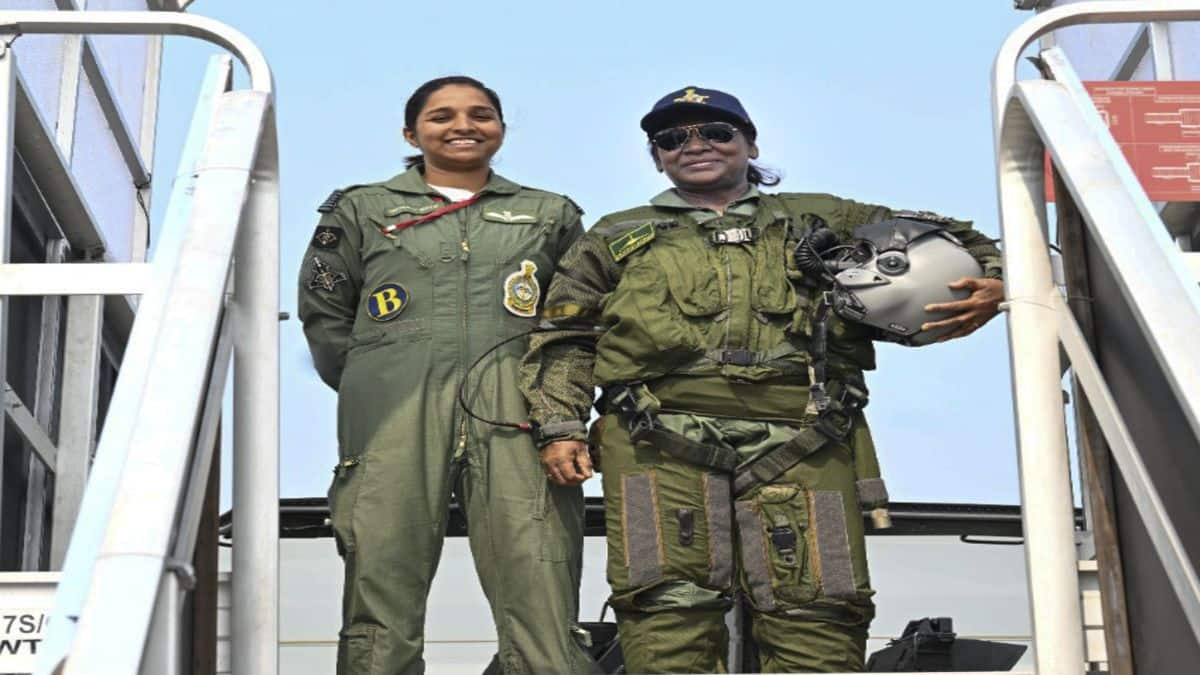
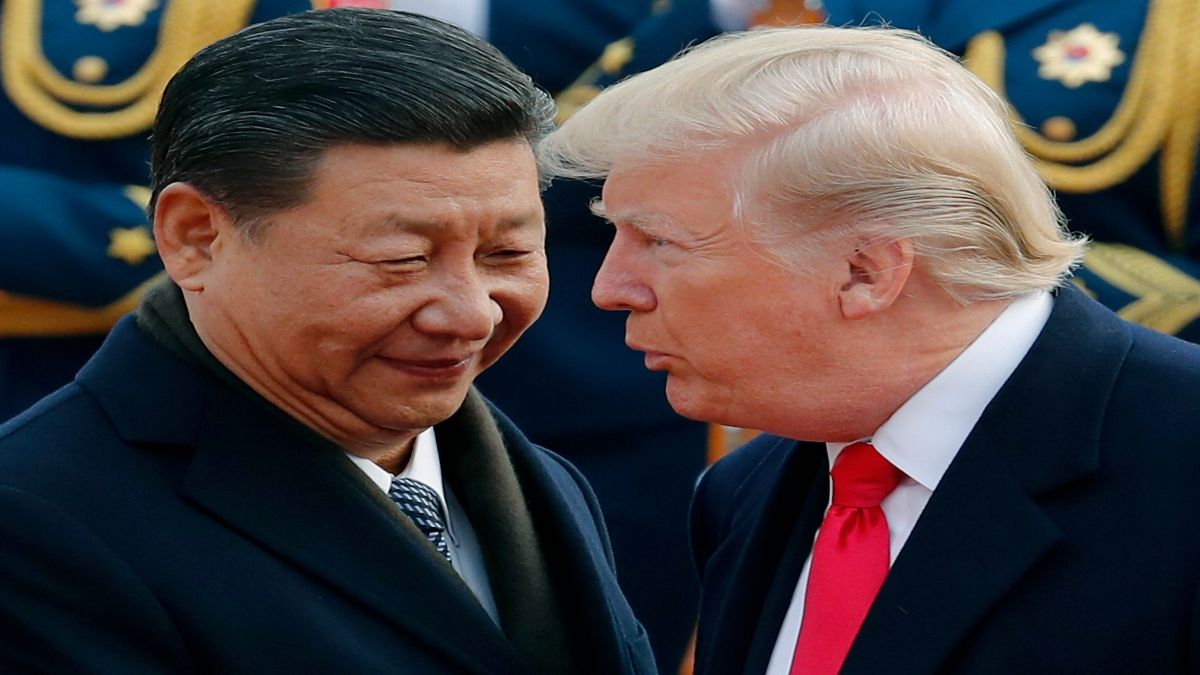)
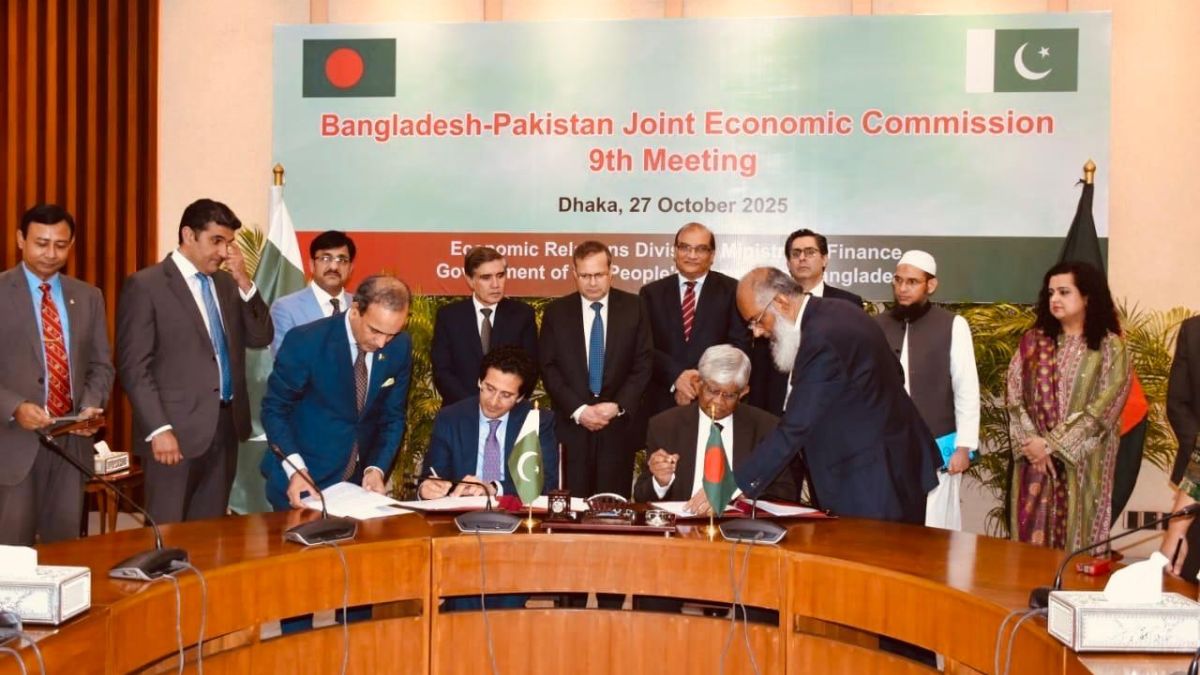)
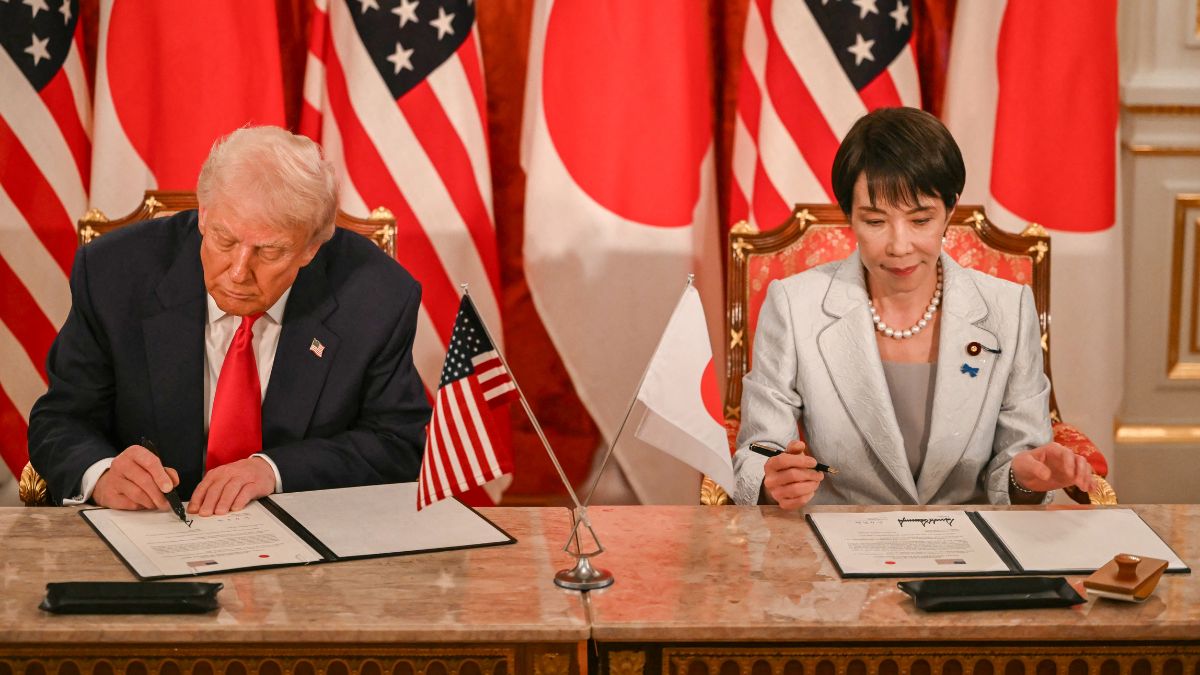)
)
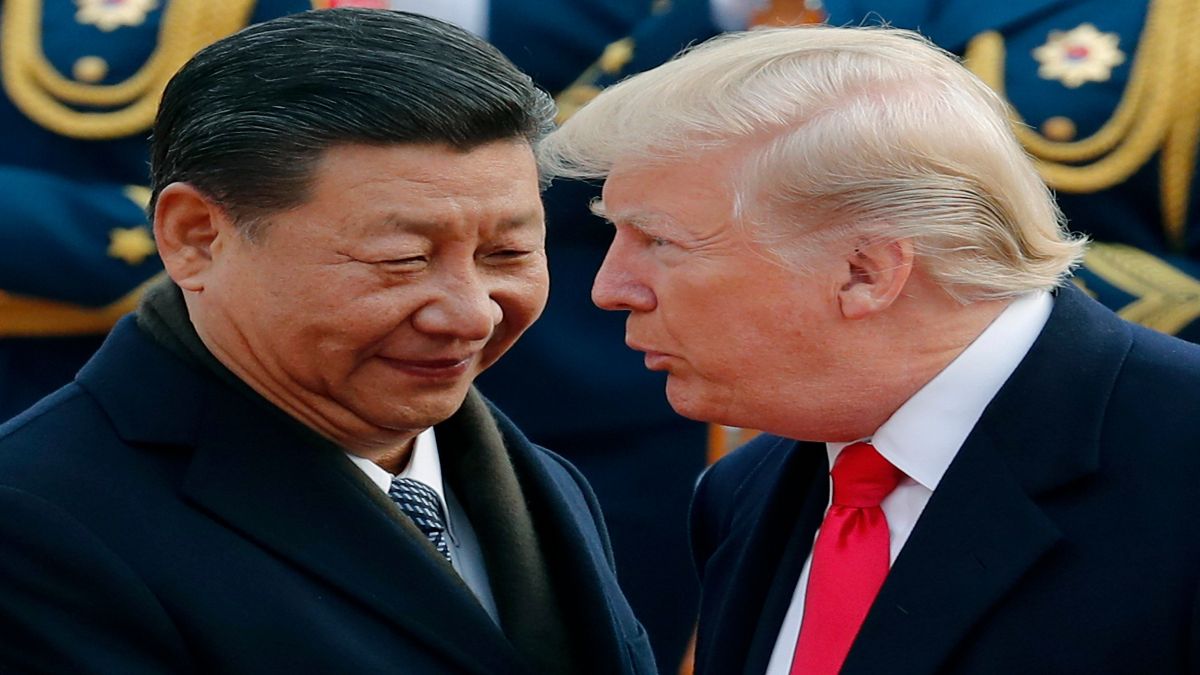)
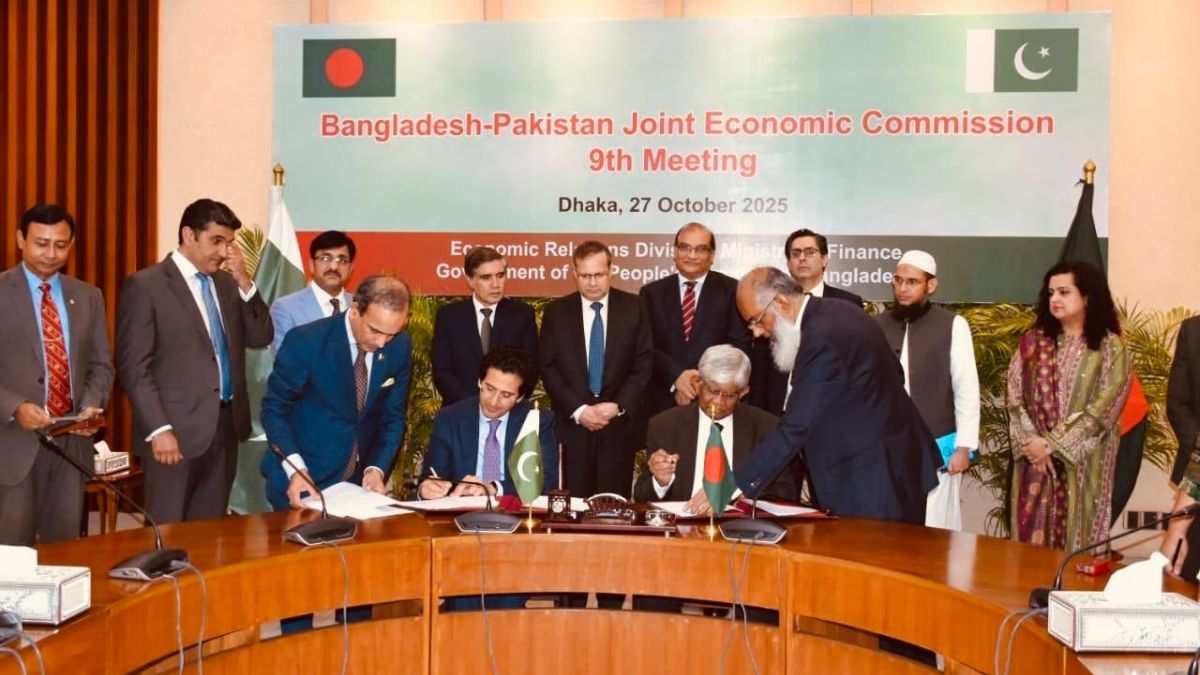)
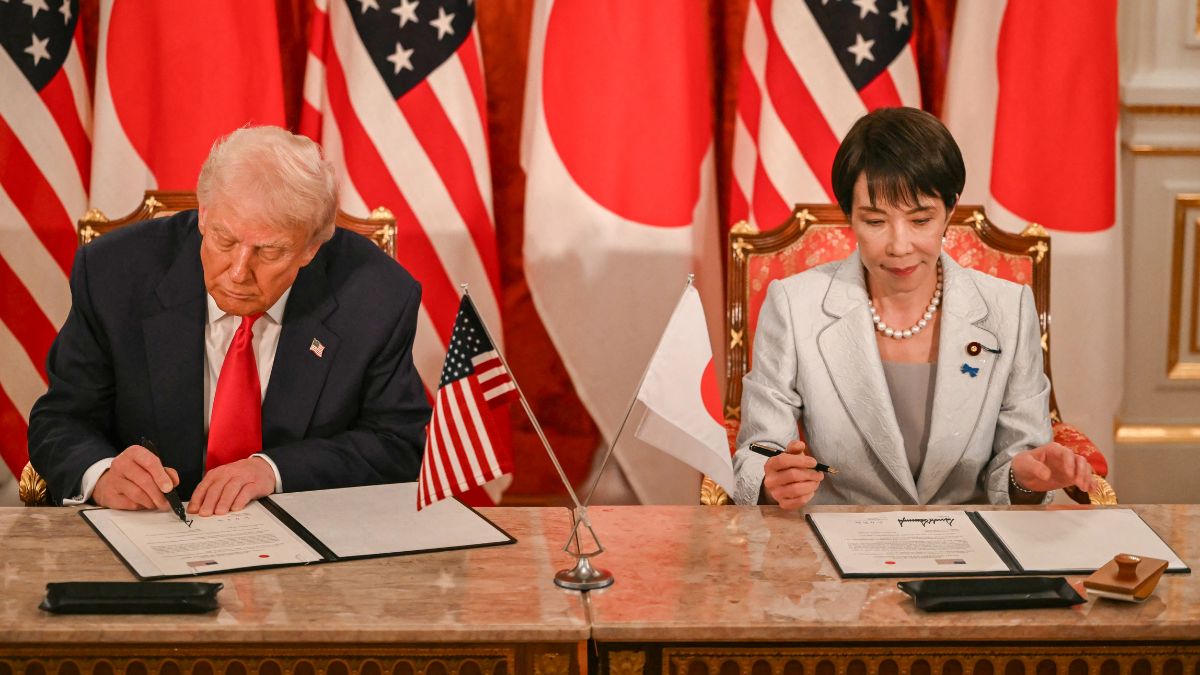)
)



